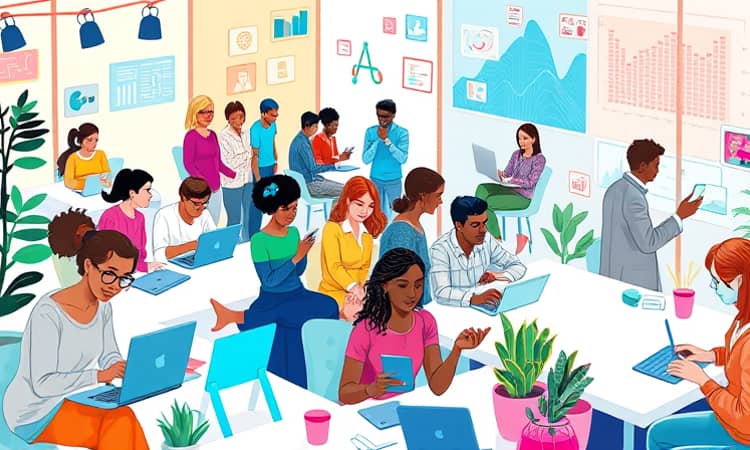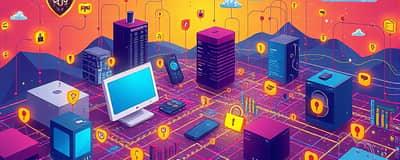In today's technology-driven world, digital literacy is a crucial skill that everyone needs to develop. It encompasses the ability to access, understand, and utilize digital technologies effectively. As we navigate through various domains of our lives, from education to employment, being digitally literate opens up a myriad of opportunities and enhances our ability to communicate and collaborate in an increasingly connected world.
Moreover, the rapid advancement of technology continues to change the landscape of how we live and work. Digital tools and platforms are now integral to our daily tasks, ranging from online banking to virtual classrooms. As such, mastering digital literacy is not just beneficial—it's essential for personal and professional growth in the 21st century.
In this blog post, we will explore what digital literacy entails, why it holds significant importance, its key elements, and practical steps you can take to enhance your own digital literacy skills. We will also conclude with a summary of the vital role digital literacy plays in today’s society.
What is Digital Literacy?
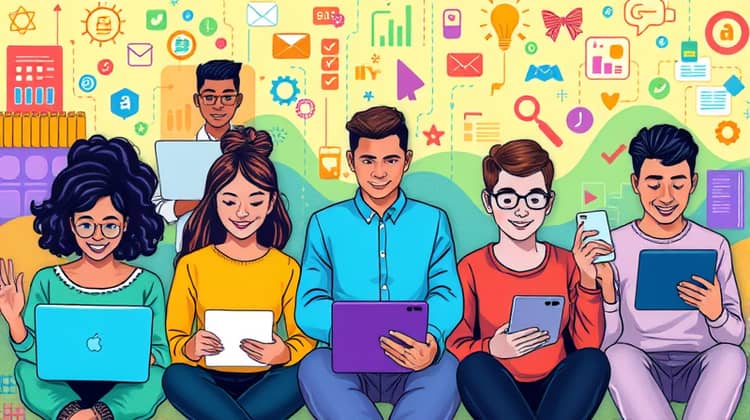
Digital literacy goes beyond just knowing how to use a computer or a smartphone. It involves a broad set of skills that enable individuals to find, evaluate, create, and communicate information using digital platforms. This skill set is essential not only for personal growth but for academic and professional success as well.
To be digitally literate means you are equipped with the necessary competencies to navigate the digital landscape safely and effectively. This includes understanding the ethical use of information, being able to recognize unreliable sources, and being aware of online privacy and security issues.
As technology continues to evolve, digital literacy will involve adapting to new tools and platforms regularly. Hence, it is a dynamic and ongoing learning process that requires individuals to stay up-to-date with technological advancements.
Why is Digital Literacy Important?
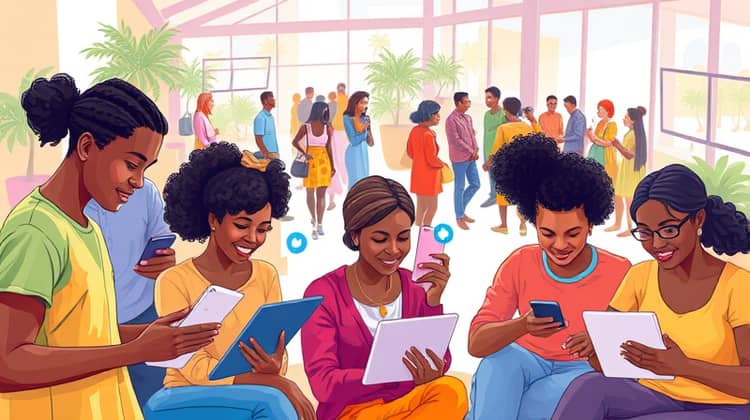
The importance of digital literacy can hardly be overstated. In an era where most jobs require some level of digital proficiency, lacking these skills can put individuals at a disadvantage in the job market. Employers are now prioritizing candidates who can demonstrate digital aptitude in their roles, making digital literacy a key component to employability.
Furthermore, digital literacy empowers individuals to engage meaningfully in society. It allows for effective participation in democratic processes, access to important information during crises, and the ability to connect with others across the globe. A digitally literate population is crucial for fostering informed citizens who can contribute positively to their communities.
Key Elements of Digital Literacy
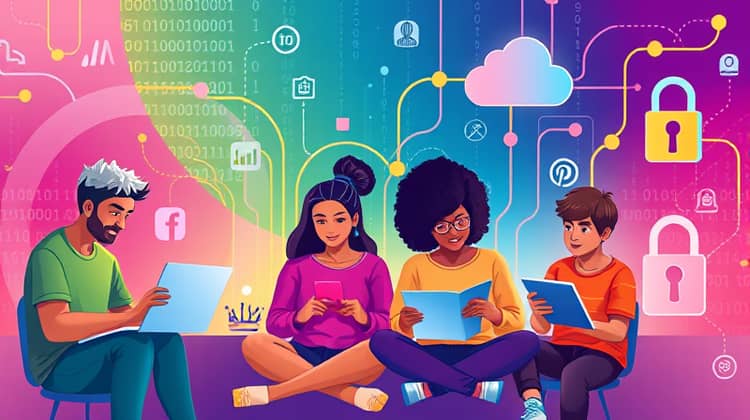
There are several key elements that define digital literacy. Each of these components plays an integral role in enabling individuals to navigate and leverage technology efficiently and responsibly.
The following are the essential elements of digital literacy:
- Information Literacy: The ability to find, evaluate, and use information effectively.
- Digital Communication: Understanding how to communicate through digital channels responsibly and appropriately.
- Digital Security: Knowledge of protecting personal information and understanding online safety practices.
- Content Creation: The skill to create and share various types of digital content, such as text, images, and videos.
- Technical Proficiency: The ability to use different digital devices and software confidently.
How to Improve Your Digital Literacy
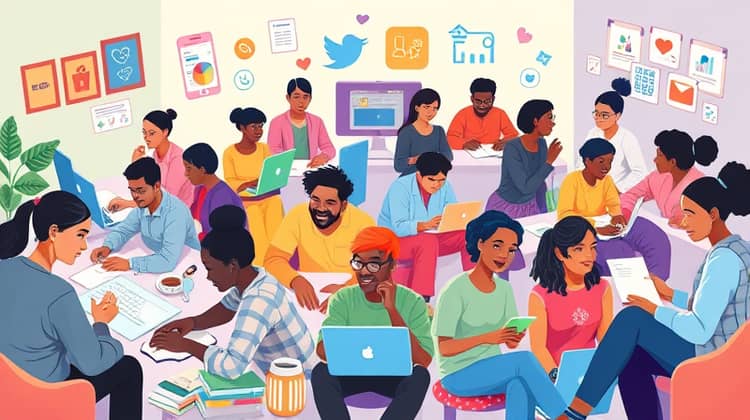
Improving your digital literacy is a vital step towards enhancing your overall skills in today’s digital age. Here are some tips you can follow to further your digital literacy journey:
- Enroll in online courses focused on digital skills.
- Practice using different software applications and online tools.
- Stay updated with the latest digital trends and technologies.
- Join community workshops or webinars that focus on digital literacy.
- Engage with online communities that share knowledge and resources.
Conclusion
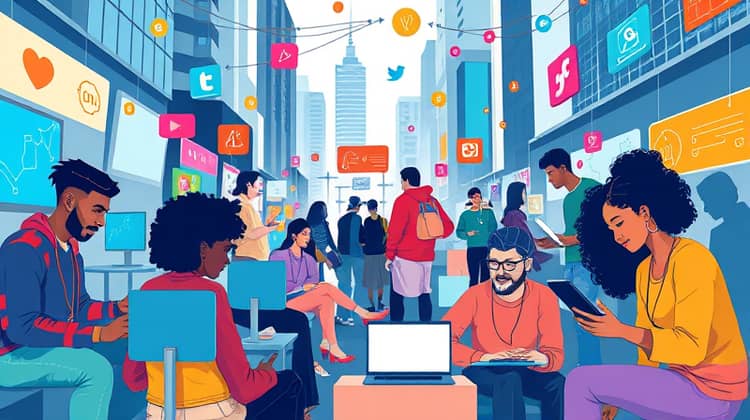
In conclusion, digital literacy is more than just a nice-to-have skill; it is a necessity in our modern society. It affects our day-to-day activities, work habits, and the way we interact with the world around us.
By understanding and improving our digital literacy, we can harness the power of technology to enrich our lives, increase our career prospects, and become active participants in our communities. In an ever-evolving digital landscape, being digitally literate is the key to future-proofing ourselves and unlocking countless opportunities.

